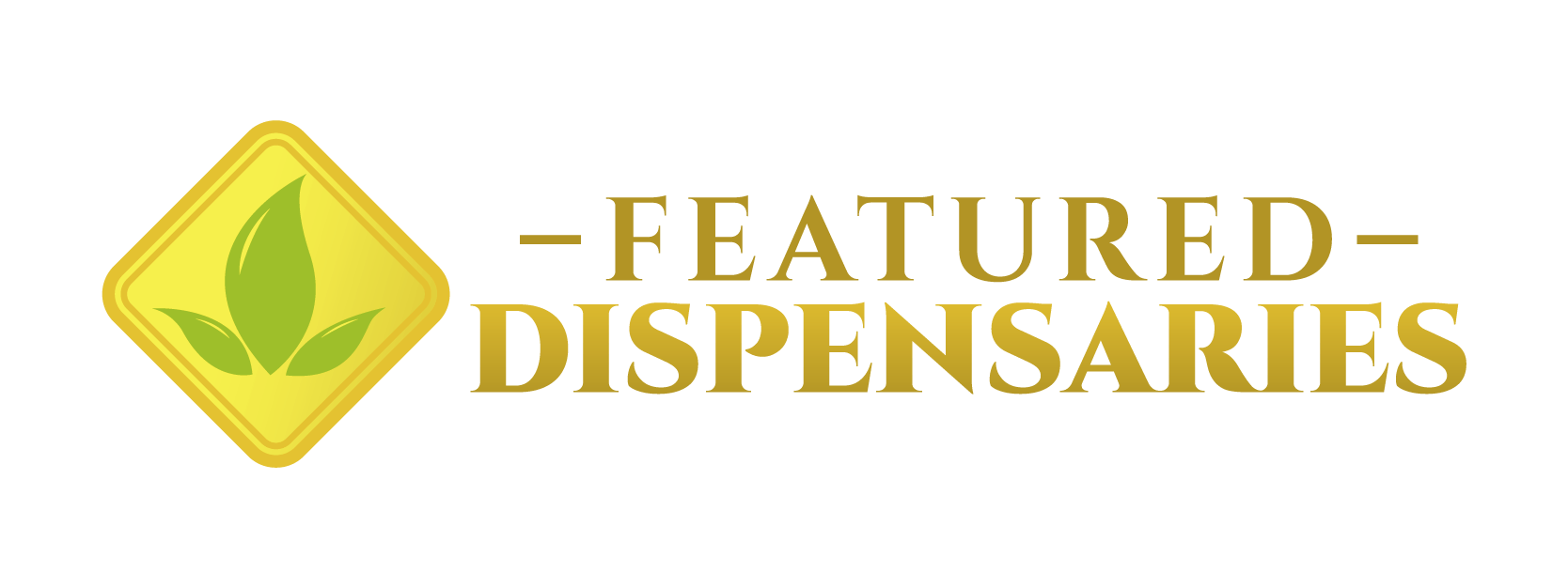Minnesota’s efforts to launch a regulated recreational cannabis market have hit significant roadblocks, delaying the anticipated rollout. Initially expected to begin in early 2025, the launch has been set back due to legal disputes, regulatory challenges, and ongoing negotiations with tribal governments.
Licensing Delays and Legal Disputes
The Office of Cannabis Management (OCM) had planned to distribute its first batch of licenses through a lottery system in December 2024, prioritizing social equity applicants—those disproportionately impacted by past cannabis laws. However, a Ramsey County judge temporarily halted the process following lawsuits from applicants who claimed the selection process lacked transparency and unfairly excluded them.
Attorney Courtney Ernston, who represents some of the plaintiffs, has criticized the OCM for failing to clearly communicate reasons for applicant rejections, leaving many in the dark about why they were disqualified.
In response, the OCM revised its licensing timeline, aiming to hold the lottery again in mid-2025. Officials say the adjustments are meant to ensure a fairer and more transparent process.
Setbacks for Social Equity Applicants
The delays have been especially disruptive for social equity applicants, who were supposed to have an advantage in entering the market early. With the launch postponed, concerns have grown over whether the state remains committed to its goal of addressing the injustices caused by cannabis criminalization.
The Minnesota People of Color and Indigenous Caucus has voiced frustration, urging officials to uphold their pledge to prioritize equitable opportunities for individuals historically affected by prohibition laws.
Tribal Involvement and Market Positioning
While the state’s licensing process has stalled, tribal nations in Minnesota have moved ahead with cannabis sales on their lands. Tribes such as the Red Lake Nation and White Earth Nation have already opened dispensaries, taking advantage of their sovereign status. Discussions are also underway about allowing tribal-run dispensaries to operate outside reservation boundaries, which could give them a competitive edge over state-licensed businesses once the broader market finally opens.
The accelerated expansion of tribal cannabis operations has prompted debate about regulatory fairness and the balance of state versus tribal authority in the emerging industry.
Economic Impact and Future Market Outlook
The prolonged delays could have substantial economic repercussions. Entrepreneurs eager to enter the industry are facing continued uncertainty, while the state is missing out on potential tax revenue from recreational cannabis sales. Additionally, with no official marketplace in place, consumers may turn to unregulated sources or purchase from tribal dispensaries, complicating the state’s efforts to establish a controlled cannabis industry.
What Comes Next?
Minnesota officials remain focused on rolling out an equitable and well-regulated cannabis market, but with ongoing legal challenges and regulatory adjustments, it remains unclear when dispensaries operating under state-issued licenses will finally open. Advocates and business stakeholders continue to push for a process that is both fair and efficient, while consumers await official access to the recreational market.
As the situation evolves, industry watchers will be keeping a close eye on Minnesota’s next steps in bringing legal cannabis sales to fruition.
